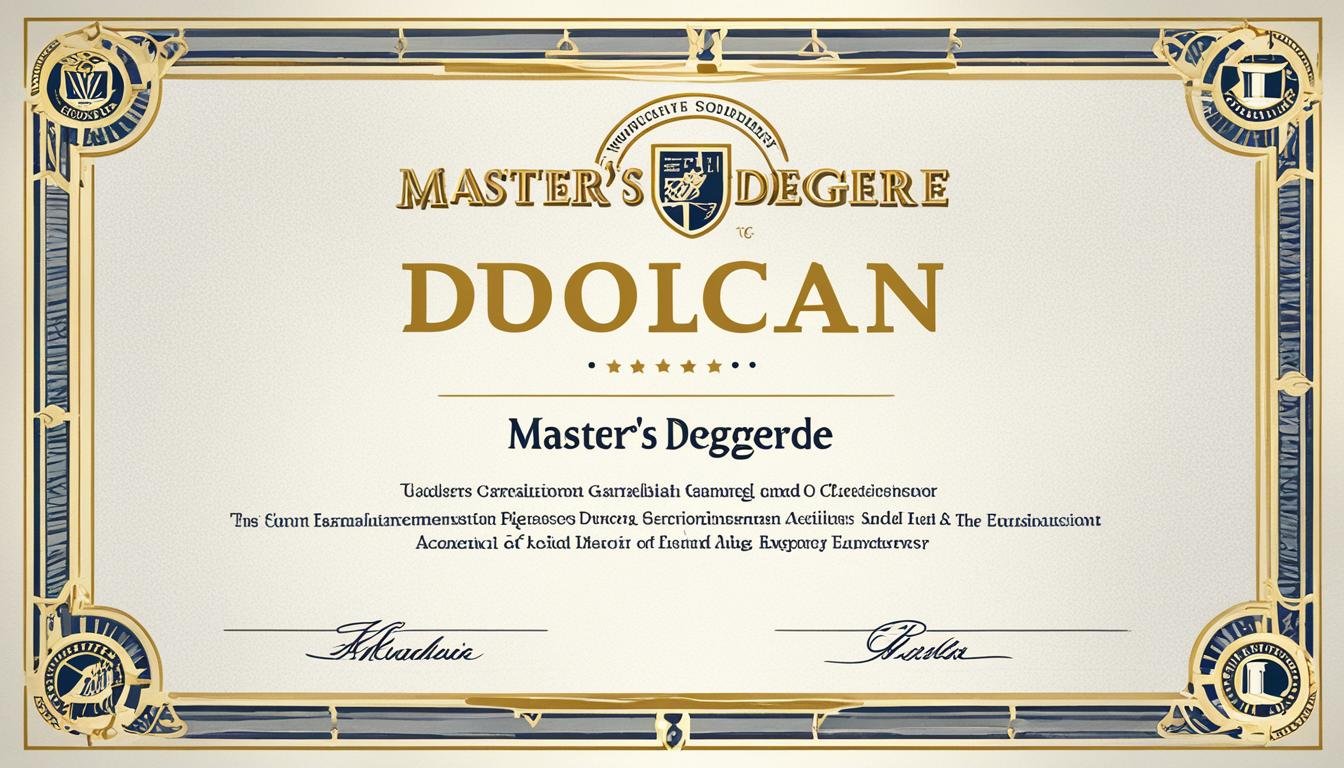Did you know that it is generally expected for individuals to pursue a bachelor’s degree before obtaining a master’s degree? This is the traditional educational progression that most people follow. However, there are some surprising exceptions to this rule that may pique your interest.
While it is relatively rare, it is possible to earn a master’s degree without a bachelor’s degree. However, most universities require applicants to have a bachelor’s degree before they can be admitted to a master’s program. This ensures that students have a solid foundation of knowledge in their chosen field and are prepared for the rigors of advanced studies.
That being said, there are universities that offer programs specifically designed for individuals who do not have an undergraduate degree. These programs may consider other factors such as work experience, professional certificates, or diplomas in place of a bachelor’s degree. It is important to note that the admission requirements vary between universities, so it is essential to research specific programs.
Key Takeaways:
- Traditionally, individuals pursue a bachelor’s degree before a master’s degree.
- Most universities require a bachelor’s degree for admission to a master’s program.
- Exceptions exist, with some universities offering programs that do not require a bachelor’s degree.
- These programs may consider other factors such as work experience or professional certificates.
- Research specific programs to understand their admission requirements.
Obtaining a Master’s Degree Based on Professional Experience
Professional experience can be a valuable asset when applying for a master’s program. Many universities, including Southern Cross University and the University of Essex, recognize the significance of relevant work experience in a specific field. These universities have designed their admission criteria to consider applicants who possess professional experience, even if they do not have a traditional bachelor’s degree.
Southern Cross University and the University of Essex are renowned institutions that offer various programs catering to individuals with extensive work experience in their relevant field. By acknowledging the value of professional experience, these universities provide opportunities for candidates who may have acquired the necessary skills and knowledge through their practical engagements.
For instance, the University of Essex offers an online MBA program that accepts students without a bachelor’s degree if they can demonstrate at least five years of relevant managerial experience. This program allows candidates to leverage their professional achievements and pursue a master’s degree in business administration without the need for a traditional undergraduate degree.

It is important to note that the acceptance of professional experience in lieu of a bachelor’s degree may vary depending on the university and the specific program. However, universities like Southern Cross University and the University of Essex recognize that professional experience can be a strong indicator of a candidate’s aptitude and readiness for higher-level studies.
Alternative Pathways to a Master’s Degree
When it comes to pursuing a master’s degree, there are alternative pathways available that go beyond the traditional route of obtaining a bachelor’s degree. These alternative pathways cater to individuals with different backgrounds and experiences, providing them with opportunities to further their education and achieve their career goals.
One option is bridge or pathway programs offered by certain universities. These programs are designed for students with an associate’s degree or significant work experience. By taking foundational courses, students can acquire the necessary knowledge and skills to succeed in a master’s program, even if their educational background is not directly related to the field of study.
Another alternative to consider is competency-based assessments, which evaluate a candidate’s knowledge and skills. Instead of relying solely on formal education, institutions assess candidates through various assignments and tests to determine their competency in the subject matter. This approach provides an opportunity for individuals to showcase their abilities and gain admission to a master’s program based on their practical skills and expertise.
For non-traditional students seeking flexibility, online and hybrid programs are excellent options. These programs offer the convenience of remote learning while still providing the quality education needed for a master’s degree. They often have more lenient admission requirements, making them accessible to individuals with diverse backgrounds and circumstances.
In certain fields, such as art or journalism, a strong portfolio of work can be prioritized over a formal bachelor’s degree. Universities may consider portfolio submissions when evaluating candidates for their master’s programs, recognizing that real-world experience and demonstrated skills can be just as valuable as a traditional academic background.
Additionally, it is possible to pursue a master’s program in an unrelated field. Bachelor’s degrees equip students with core skills and transferable knowledge that can be applied across disciplines. While acceptance into these programs without a bachelor’s degree may vary depending on the university and the specific program, the opportunity exists for individuals to explore new areas of study and expand their career horizons.


